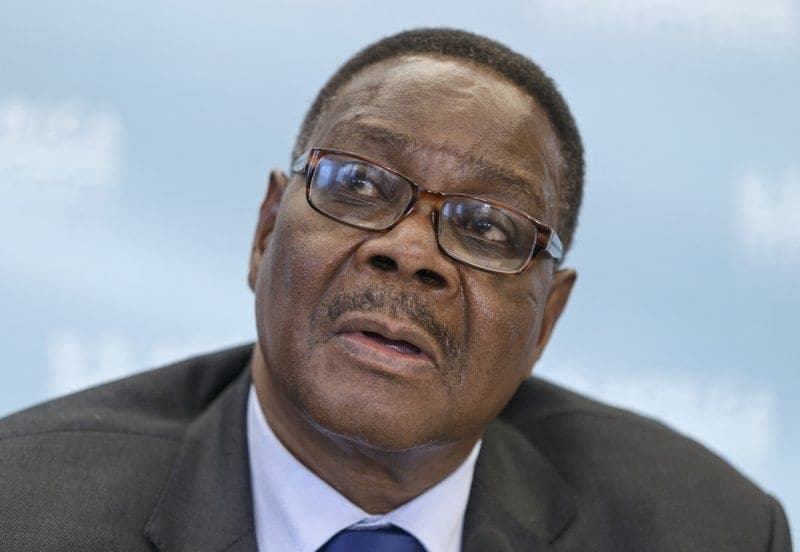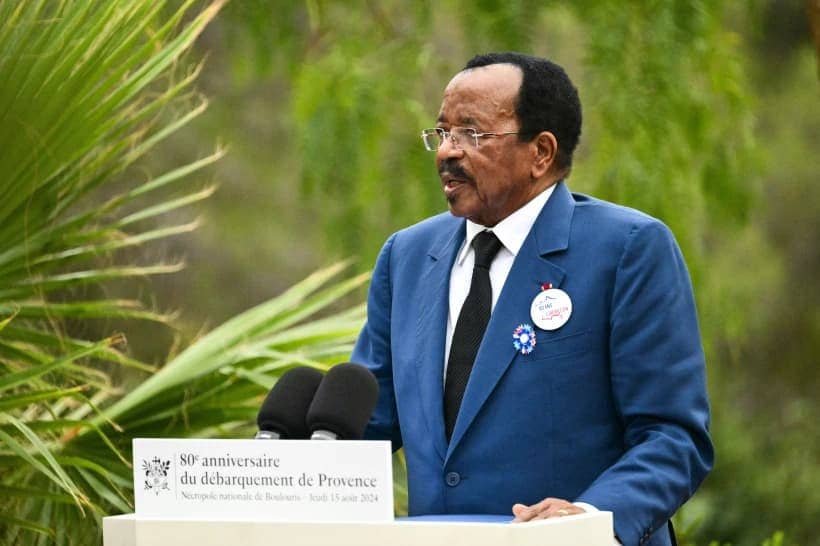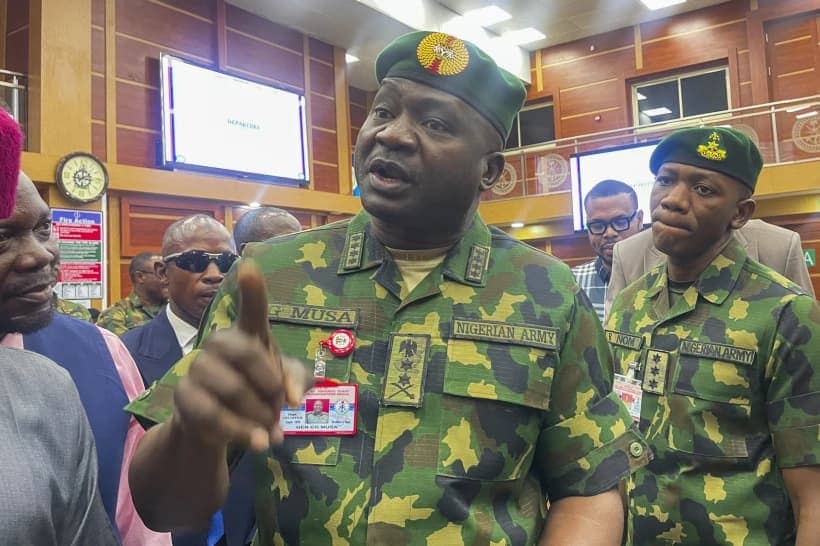YAOUNDÉ, Cameroon – Malawi’s bishops have urged the country’s politicians to keep Pope Francis out of “petty politics.”
The statement from the bishops’ conference came after Hophmally Makande, an official of the ruling Democratic Progressive Part, said those urging 79 –year-old President Peter Mutharika to resign should also ask Pope Francis, who is 81, to step down.
“Some of you are criticizing and speaking bad that President Peter Mutharika is old… is the pope a ten-year-old… is the pope a ten-year-old? Between the pope and Peter who is older? Isn’t it the pope … why does he not resign then? I am not despising the Church. But leave our president alone,” Makande told a campaign rally in Blantyre.
In a Sept. 13 statement the bishops said: “We call upon all political leaders, those governing and those in the opposition, to desist from dragging the name of the Holy Father into petty party politics.”
“The attack on the Holy Father, Pope Francis, is an attack on the whole Church that is, One Holy Catholic and Apostolic.”
Nearly 20 percent of the southern African country’s population is Catholic, the largest single religious group.
Senior officials of the ruling party failed to immediately condemn the statement, but a young party operative, Leonard Chibanga, chastised Makande on his Facebook page.
“As someone born Catholic and his family is still Catholic, I find these remarks horrifying, stupid, uncalled for. I am surprised no one condemned him right there and then considering that there were Catholics in attendance at the same podium,” he wrote.
“Religion is a line you don’t cross regardless of how desperate you want to seek to appease the appointing authority…If you want to resuscitate your career, find other means but this one is a no-go zone,” he said.
The papal reference comes after the bishops seemed to urge Mutharika not to run for re-election in the May 21, 2019 poll, when he would be 80.
In an April 29 pastoral letter, the bishops called for a new era for Malawi in the leadup to the election.
“We are of the opinion that Malawi as a nation needs a change of direction if we are to reverse the situation. We mean a total change in the way of doing things other than business as usual,” they wrote.
“This entails a change of mindset leading to a new era of fairness and justice for all.”
Mutharika only came to power in 2014, but has since come under fire for alleged corruption. Last April, thousands of Malawians took to the streets, calling on the president to resign.
The British newspaper The Times had earlier accused the president of “rack[ing] up a five-star hotel bill in Scotland large enough to feed hundreds of African children for a year.”
Malawi is one of the world’s poorest countries and 74 percent of its 15 million people live below the poverty line.
Mutharika himself recognizes this, noting that the country’s poverty is a result of the choices “we have made over the last few decades.”
The bishops have encouraged Catholics to take an active role in politics, to bring needed change in the way the country’s affairs are managed.
“We wish to reiterate that while the Church encourages Catholics to take an active role in politics, we the Catholic bishops in Malawi cannot and shall not support or endorse any particular politician or political party,” the bishops wrote in their Sept. statement.
They urged Malawians to register and vote in next year’s elections, noting that “voting in such elections is not only a right but also an obligation of every eligible Malawian.”
The bishops called for political and religious tolerance, saying that should prevent politicians from dragging the Church into petty politics.
“We call for mutual respect and understanding, tolerance and peaceful coexistence among people of different religions in the country for the benefit of all so that together we can preserve and promote peace, liberty and moral values,” the statement said.
The bishops also said the only political interest of the Catholic Church is to “foster unity and charity among individuals” and to work continuously “in pursuit of interfaith dialogue, promotion of the common good and rule of law, respect for human rights and human dignity.”














